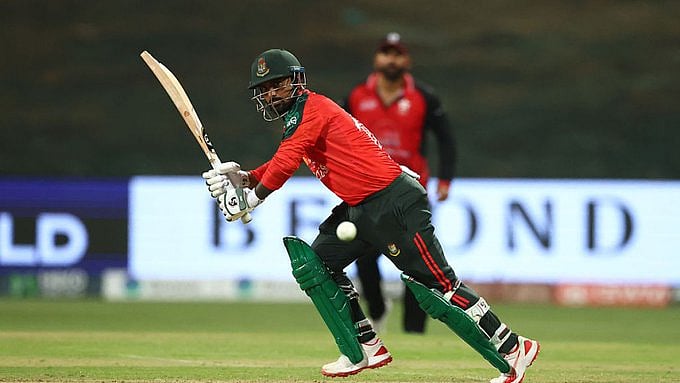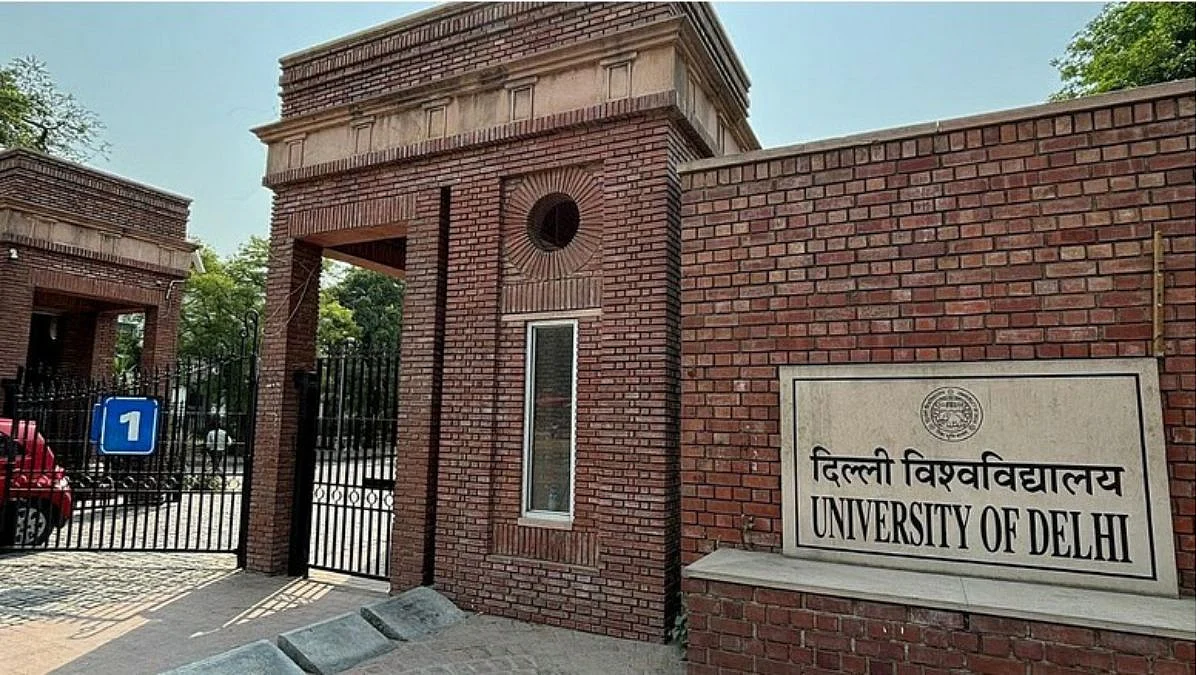Mumbai: In a significant breakthrough towards sustainable construction, researchers at the Indian Institute of Technology Bombay (IIT-B) have developed RubCrete — a form of concrete that incorporates shredded waste tyres, making it both tougher and more environmentally friendly.
The innovation could not only help reduce India’s mounting rubber waste but also offer concrete that is better suited to withstand environmental stresses.
India, which produces over 2.5 million metric tonnes of tyres annually and imports another 0.8 million metric tonnes of scrap tyres, faces a growing crisis of rubber waste. Much of this ends up in landfills or is illegally burned, releasing toxic fumes.
Now, IIT-B researchers are turning this problem into a potential solution by embedding rubber particles into concrete, replacing a portion of natural aggregates such as sand and gravel.
“Our research focused on understanding the microscopic interaction between rubber and cement, particularly in the interfacial transition zone,” said Prithvendra Singh, a PhD scholar at IIT-B and lead author of the study.
This microscopic zone, thinner than a human hair, plays a critical role in determining the strength of concrete. “The wall effect disrupts the even distribution of cement grains near rubber particles, creating a porous zone around them,” Singh explained.
The team found that rubber’s hydrophobic nature — its ability to repel water — alters the hydration process of cement near the rubber. This ‘Wall and Dilution Effect’ (WDE) makes the bond between rubber and cement more porous and weaker compared to traditional concrete. However, this apparent drawback comes with unexpected benefits.
“The most surprising finding is that while rubber weakens the immediate bond with cement, it forms a disconnected pore network in the ITZ (interfacial transition zone), which slows down mass flux of chlorides, moisture etc. This trade-off benefits applications where chemical resistance outweighs strength, such as in extreme climatic and marine environments,” Singh remarked.
Using advanced techniques such as X-ray Diffraction, Fourier Transform Infrared Spectroscopy, and Scanning Electron Microscopy, the researchers mapped the chemical and structural properties of RubCrete. Their analyses confirmed that the ITZ in RubCrete is wider and more porous — up to 120 micrometres thick and around 5.8% porous — but the disconnected nature of the pores means it performs well in resisting chloride and moisture ingress.
RubCrete also exhibits greater flexibility and resistance to cracking, making it well-suited for use in road barriers, pavements, marine structures, railway buffers, and even earthquake-resistant infrastructure.
“RubCrete’s strength lies in its damping and flexibility, as well as its resistance to environmental stresses – both thermal and chemical,” Singh added.
The team now plans to move from laboratory tests to real-world applications, including exposing RubCrete to salt spray, freeze-thaw cycles, and long-term marine environments.











